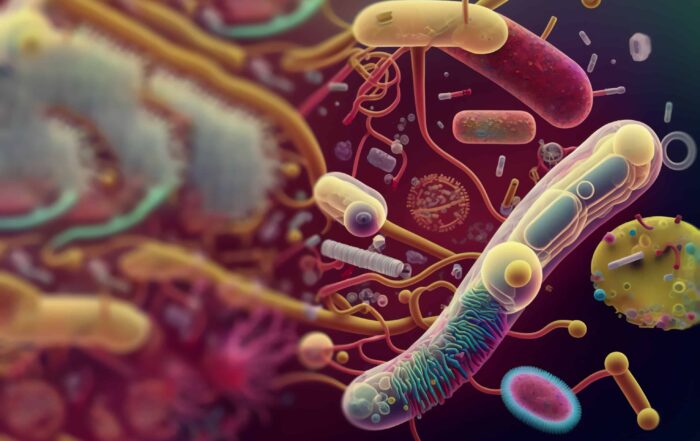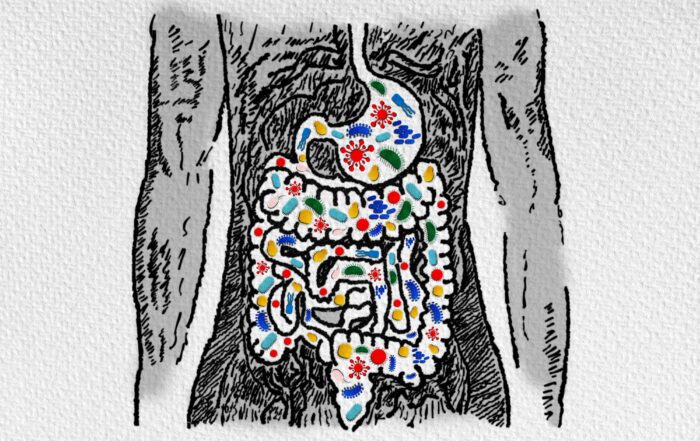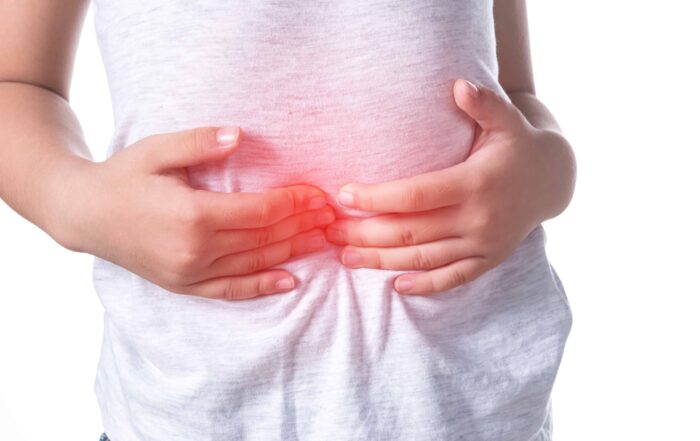ARI partially funded research leading up to a new study that gut microbiota is sufficient to promote autism-like behaviors in mice.

June 11, 2019 — In a study published earlier this month in Cell, researchers at Cal Tech used “germ-free” mice—laboratory animals that are grown in a microorganism-free environment— to examine the microbiota’s potential role in autism-like behavior in mice.
Read more about the Cal Tech study
Read the study article in the journal, Cell [PDF]
Read about the long-term effects of microbiota transfer therapy, Nature
Fecal transplantation of gut microorganisms from children with autism were transferred into the “germ-free” mice while samples from people without autism were transplanted into other of animals. Following the transfer, investigators reported observing autism-like behaviors in the mice with microbiota from individuals diagnosed with ASD. Autism-like behaviors were not observed in mice that received fecal transplantation of microbiota from typically-developing individuals.
The behaviors characterized as “atuism-like” included fewer volcalizations, less social interaction with other mice, and repetitive behaviors. The investigators proposed that these symptoms are analogous behavioral symptoms frequently observed in people diagnosed with autism spectrum disorders.
Altered gene expression in their brains and differences in metabolic markers were also observed in mice that received human ASD microbiota.
Editorial – Fecal Microbiota Transplantation and Autism
Over the past several years, Fecal Microbiota Transplantation (FMT) has become the subject of growing interest in the autism community due, at least in part, to the increased awareness of the gut-brain
New multi-national study adds to evidence linking alterations of the gut microbiome to autism
Strong new evidence linking alterations of the gut microbiome to autism spectrum disorders (ASD) comes from a new multi-national study by James Morton and colleagues. In the study, researchers in North America,
Constipation in infancy associated with higher likelihood of autism diagnosis
More evidence linking autism spectrum disorders (ASD) to gastrointestinal problems comes from a study by researchers in Taiwan and the United States, who report that ASD occurs at an elevated rate in




